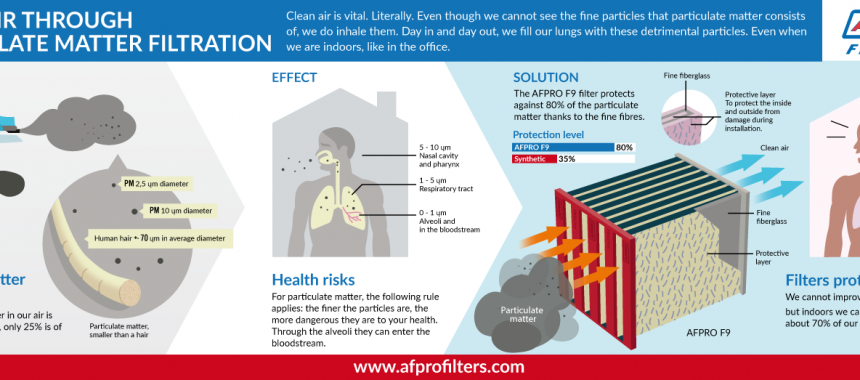Maximizing Comfort And Financial Savings - Tips For Optimizing Your Heat Pump Efficiency
Maximizing Comfort And Financial Savings - Tips For Optimizing Your Heat Pump Efficiency
Blog Article
Short Article By-Fulton Muir
Whether you own a heat pump or have an existing boiler back up, there are a few points that can be done to maximize your system for efficient operation. By complying with these ideas, you can make best use of comfort and financial savings without stressing your system or racking up energy costs.
Adjusting linked webpage for effectiveness is among the primary steps. Making use of zoning capabilities to restrict heating of empty areas is another efficient approach.
1. Set Your Thermostat to the Right Temperature
As the periods alter, stabilizing convenience and cost performance can be an obstacle. The good news is, a few straightforward tips can assist you reduce power usage and make best use of cost savings.
Beginning by identifying the very best temperature for your family, after that set your thermostat appropriately. Avoid making big raise and down in the temperature setup, as this will cause your heatpump to cycle on and off a lot more regularly, consuming much more power.
Instead, slowly lower the temperature at night for a much more comfortable sleeping environment. After that, elevate it somewhat in the early morning. Bear in mind to maintain air vents open and directed downward when home heating, and up when cooling to enhance circulation.
2. Inspect Your Unit Consistently
A heat pump system calls for very little maintenance, but it is very important to check the device on a regular basis to capture any kind of issues prior to they become severe. Tidy indoor filters on a timetable established by the maker or when they're noticeably dirty, and ensure outdoor units have at the very least 2 feet of clearance to allow for air movement.
Checking the device will certainly additionally consist of cleansing, tightening electric terminals, and running performance examinations to guarantee precision during heating and cooling modes. It's advised to have an expert service the heatpump twice a year. Doing these routine services can make best use of energy financial savings and lengthen the life of the system.
3. Clear Snow and Ice Around the System
Heat pumps are made to run outdoors and require to be without snow and ice in order to flow air. If your heat pump is obstructed by snow and can not pull in air, it will certainly toggle in between cooling and heating and may exhaust.
It is essential to clear a two-foot clearance around your outside system in order to boost air movement and stop ice buildup. Heat pumps commonly get in a defrost setting in the winter to melt ice and snow yet this procedure can be troublesome if your system is blocked by too much snow. This will certainly decrease your power efficiency and lead to costly repair service expenses in the future.
4. Examine the Cooling Agent Degrees
A heat pump uses refrigerant to cool your home in summertime and warm it in winter. You can assist maximize its performance by frequently inspecting the cooling agent levels.
It takes extra energy to change the temperature of your heat pump from a comfy readying to a colder one than it does to keep that temperature. Transforming the temperature level for short time periods can additionally lose power.
Leaking ducts and unclean air filters can result in irregular temperature levels. They can likewise make your heatpump less effective and cost more to operate. A specialist can find and repair these problems to improve your heatpump's performance.
5. Enhance Your Zoning Capabilities
Using the zoning capabilities of a heat pump can aid to lessen energy waste by heating up just occupied areas. This not just lowers power consumption however additionally minimizes operating costs and prolongs the life of the system.
The Build Balanced Zones device uses a genetic algorithm to develop zones that fulfill required zone structure standards. These standards include equal area, density, and equivalent number of attributes.
Furthermore, by making use of wise thermostat innovation to maximize the temperature setups based upon tenancy patterns and organizing, you can further improve your heatpump's performance. Preserving a clean air filter, making certain proper insulation and having your ductwork assessed for performance can all add to enhanced energy savings as well.
6. Shading the Outdoor System
Property owners usually ask whether it's worthwhile to plant shade trees near their exterior air conditioning system (AC) system. The answer is usually yes, as shielding the air conditioning unit can help reduce warmth from the sun, which in turn helps it cool down much more effectively.
However, it's important to note that shielding the AC unit does not always reduce energy consumption. As explained in the Conversation area of the FSEC record, the temperature level of the bordering air has a bigger influence on cooling down effectiveness than does the volume of air drew in by the a/c.
If your a/c compressor gets on the south side of your home, consider growing tall, deciduous trees with broad, vast covers. These can give ample shade within one year.